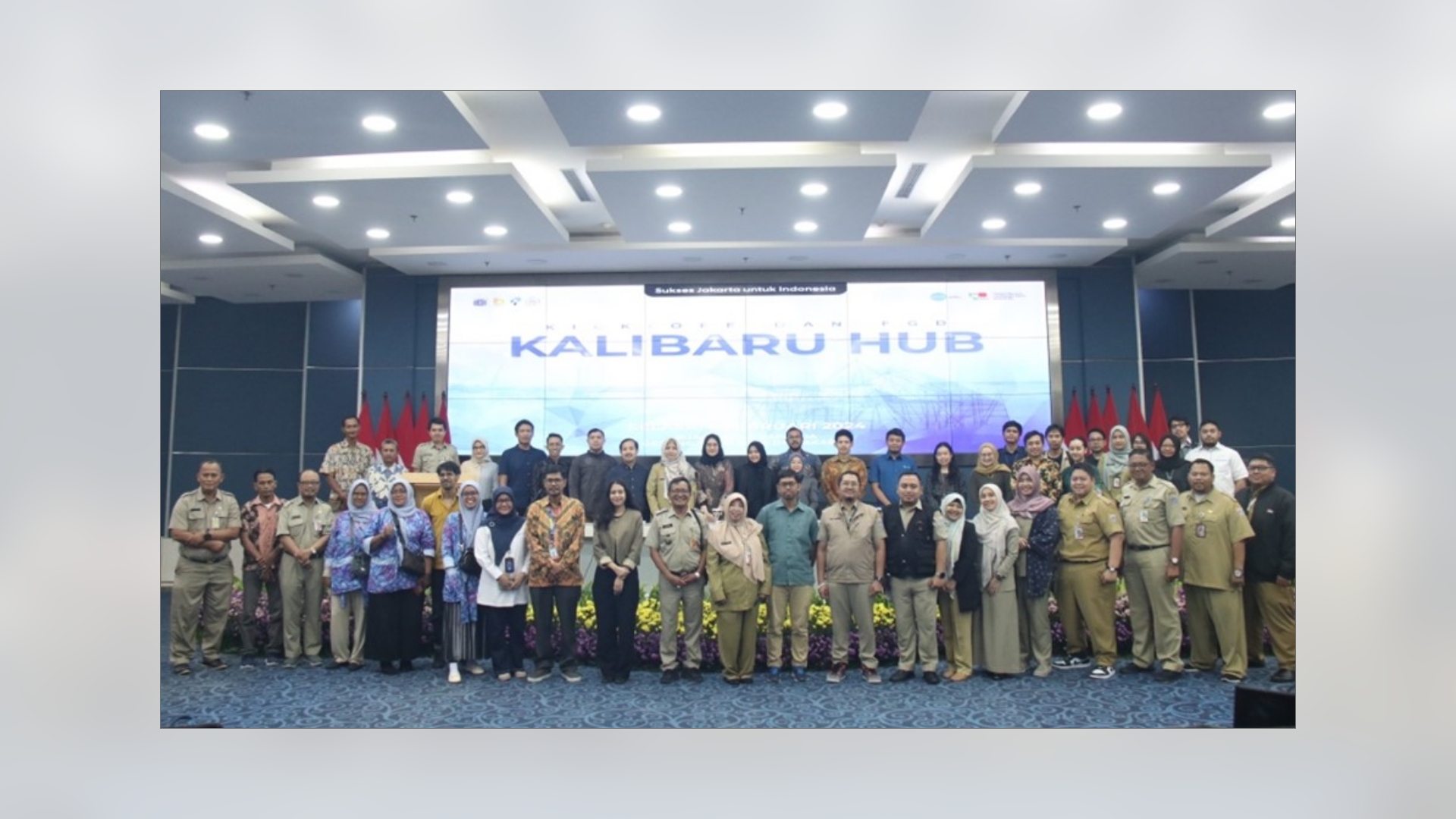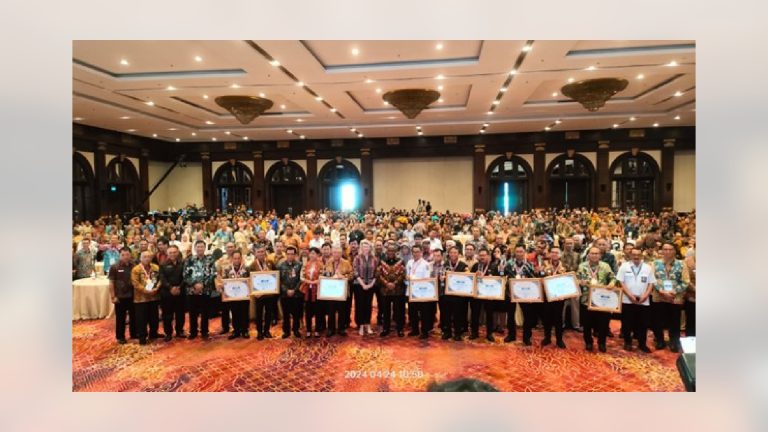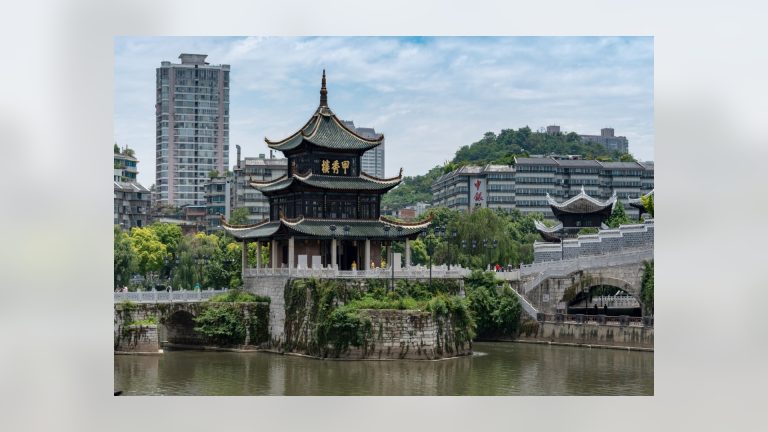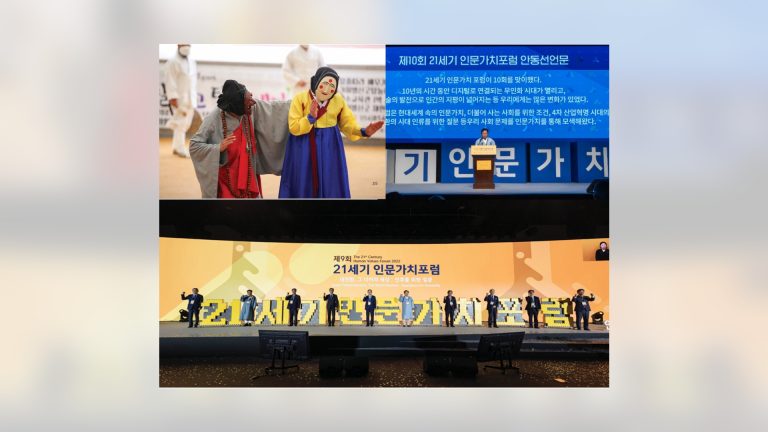February 6, 2024 | UCLG ASPAC is appointed to support Jakarta Provincial Government for the implementation of the Kalibaru Hub Programme, a transformative initiative facilitating fishing communities in the Kalibaru area to upcycle green mussel waste into cutting-edge environmentally friendly products and promote local economic development. This initiative receives funding support from the Global Resilience Cities Network for a year implementation period. UCLG ASPAC plays a role as the project implementer.
Kalibaru Hub in North Jakarta is a community known for its green mussels, a popular food among Indonesians. The community relies on the green mussel industry for livelihood; however, the process is labour-intensive and generates a large amount of waste commonly dumped at sea. Proper waste management and working conditions for the community have become a major challenge.
Through this programme, the Kalibaru Hub will introduce innovative green mussel waste management approaches. It will act as a community centre for Small and Medium Enterprises to recycle waste efficiently and develop products from recycled waste. Capacity building of Cangkring (Cangkang Kering/Dry Shell) community will be part of the programme activities. The programme seeks recommendations for sustainable waste management and economic opportunities for Micro and Small Medium Enterprises. The funding is expected to accelerate the growth and success of local entrepreneurs.
Kick-off Meeting and Focus Group Discussion conducted on February 6, 2024 formally marked the start of the programme. Attended by 71 participants, the event, organised by Local Planning Agency and UCLG ASPAC Secretariat, brought together government agencies, community representatives, Non-Government Organisations, and stakeholders to explore collaboration and suggest green mussel waste products.
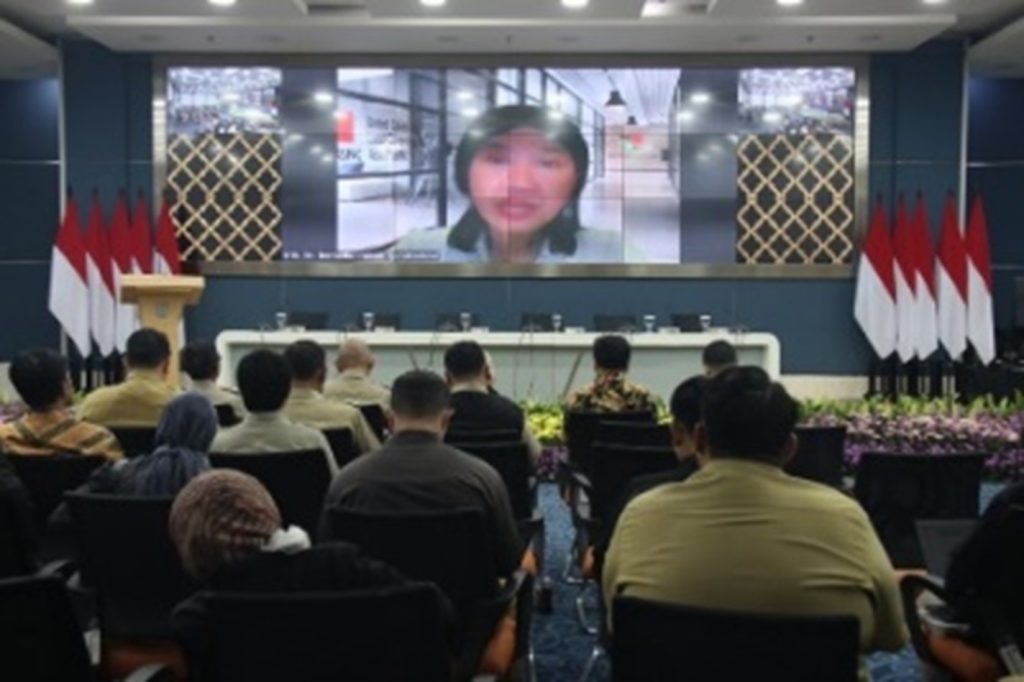
Dr. Bernadia I. Tjandradewi, Secretary General of UCLG ASPAC, emphasised the significance of the Kalibaru Hub Programme, showcasing the commitment to sustainable solutions for Kalibaru area. Appreciating stakeholder participation, she encouraged open discussions and collective dedication to sustainable practices and community empowerment.
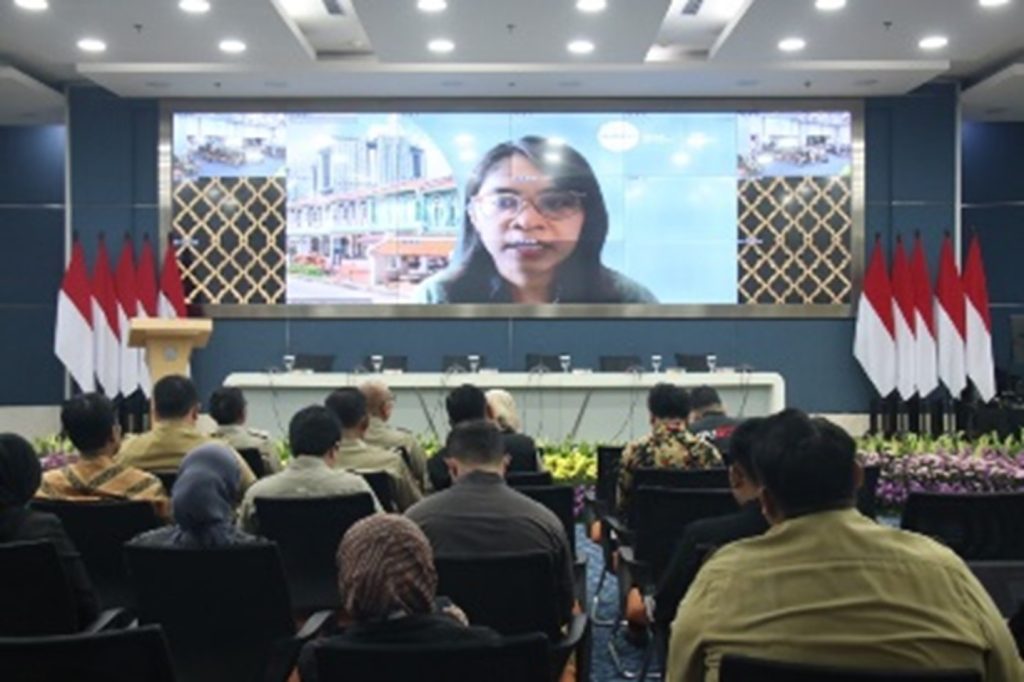
Ms. Nini Purwojati, The Resilient Cities Network (RCN), highlighted the organisation’s constant commitment to supporting initiatives that enhance Jakarta’s resilience. She shared that the Kalibaru Hub Programme is an exemplary collaboration between the local government and various organisations, emphasising the crucial role of the community in ensuring the initiative’s success. She also expressed RCN’s full support and her hope for continued collaboration in the future.
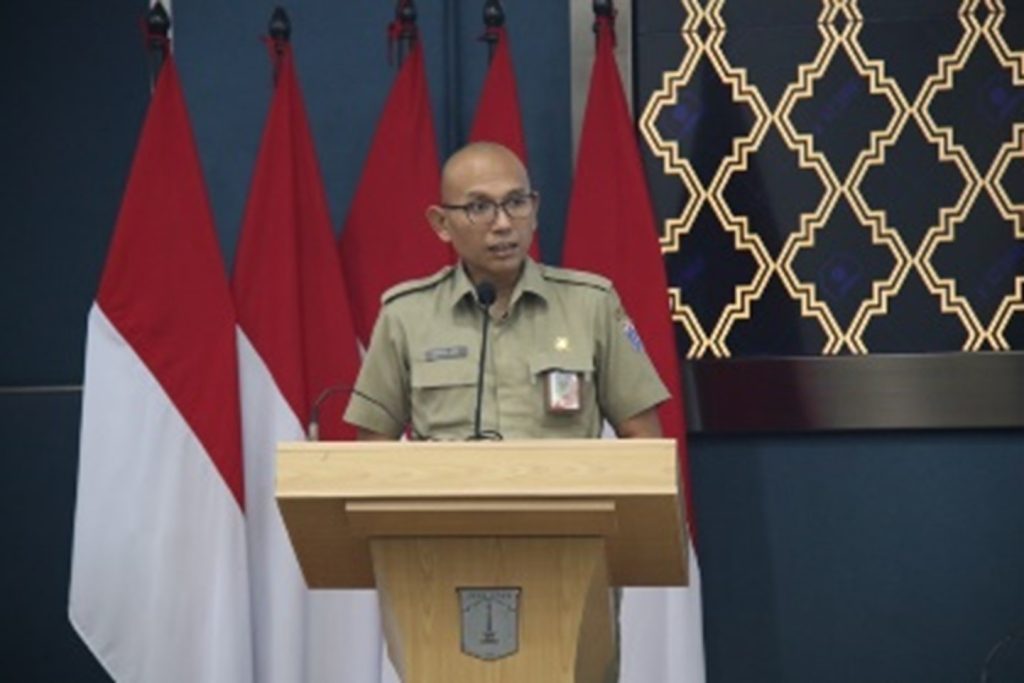
Mr. Andhika Ajie, the Head of the Regional Research and Innovation Centre of Jakarta, Local Planning Agency, mentioned that the Kalibaru pilot project was initiated by the provincial government in 2019. Documents produced in a participatory manner, such as the Kalibaru Prospectus, an initial assessment of green mussel shell weight, and a green mussel waste activity report, highlight shell waste as a priority issue. He stressed the need for multi-stakeholder cooperation to address this problem effectively.
Panel Discussion: Insights from Varied Perspectives
The panel discussion dug in into diverse perspectives:
- Ms. Annisa Utami: meticulous selection process that identified Kalibaru as a pilot location for the Kalibaru Hub initiative, emphasising a broader project scope.
- Ms. Asih Bunga from Yayasan Kotakita: challenges such as poverty rates and expensive waste transportation.
- Mr. Adil Alba of Playo: programme objectives, addressing obstacles like limited resources.
- Mr. Rusmin, Head of Kalibaru Village: sanitation and waste challenges, grassroots initiatives.
- Mr. Trisno, spokesperson for the Cangkring Community: positive outcomes from the programme, the volatile nature of fishermen’s livelihoods. Currently, the Cangkring community has taken the initiative to minimise green mussel waste, as seen by the participation of Cangkring women in making decorative items from mussel waste and setting up a small gallery at the Kalibaru cooperative office.
Focus Group Discussions: Crafting Recommendations for Sustainable Development
The Focus Group Discussions (FGD) resulted in crucial insights and recommendations revolving economic, social, and environmental aspects.
- Economically, Mr. Adil Alba emphasised redefining entities, suggesting cooperative establishment, and exploring e-commerce. Formalising Cangkring as a legal entity was highlighted.
- In the social realm, Ms. Bunga outlined strategies for youth issues and education.
- Environmentally, Mr. Angger expanded the focus to waste, pollution, and health insurance improvement, highlighting Ancol’s conservation initiatives and waste banks in North Jakarta.
Moving Forward: Youth Empowerment and Green Mussel Waste Transformation
The Kalibaru Hub Programme also ensures youth involvement and empowerment in the implementation.
Through Cangkring Community, the programme will equip youth with the skills and knowledge needed for sustainable practices and community development. The project is set to revolutionise the management of green mussel waste by transforming it into valuable product, such as paving blocks. This innovative approach not only addresses environmental concerns but also creates economic opportunities for the community.








